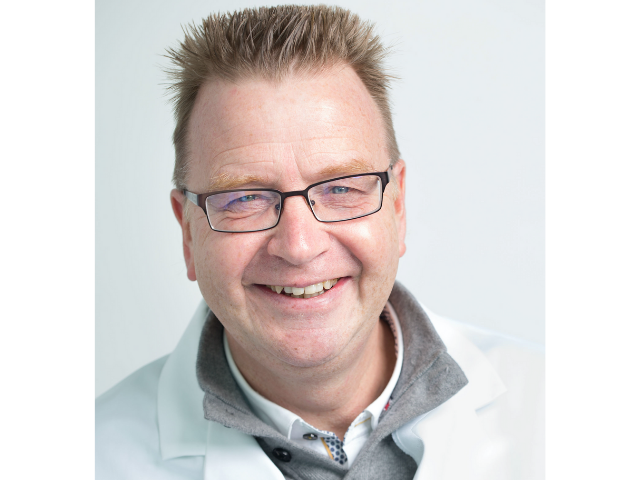
Attack of the killer T-Cells – How your immune system could fight cancer
Professor Andy Sewell chats to Dr Emma Yhnell about immune therapies and the future of cancer treatments on our Where would we be without research? podcast. Listen now wherever you get your podcasts.
New cancer therapies being investigated by researchers could mean patients experience “almost zero” side effects and fight cancer using their own immune system.
Professor in the Division of Infection and Immunity at Cardiff University, Andy Sewell is studying how the immune systems of some rare individuals can clear end stage cancer, with the long-term aim of “training” the immune system in other patients, and with other cancers, to do the same.
From farming to PhD
Andy got his love of research from growing up on a farm. He said: “About twice a year the Ministry of Agriculture would send someone who would tell us whether our crops were lacking in a mineral or had a disease.
“From the age of six or seven I would follow this guy around, it was fascinating. He was funded by the Agriculture Research Council, and I wanted to be just like him.
“I ended up doing a chemistry degree because I quite liked making explosions, but I went on to do a PhD funded by the Agriculture Research Council working on plants. That’s what really got me into research.”
Our amazing immune system
“I’ve always been interested in how plants grew in extreme environments, and it struck me that perhaps the ultimate example of adversity was really the human immune system fighting a virus.”
“Our immune system fights cancer every day. You've had cancer today, you will have had mutations that cause cells go awry, and your immune system has cleared it.
“There’s plenty of evidence to show our immune systems are fighting cancers all the time.”
T-cell therapy
“T-cells, which we all have in our immune systems, are naturally really good at fighting infection, and researchers are working on ways to get them to seek-and-destroy cancer cells.
“As a result of research, there are now some standard treatments with T-cells given on the NHS. The main one is for certain types of leukaemia.
“Doctors take a patient's own T-cells, they genetically engineer them to recognise cancer cells, grow them in the lab to large numbers, and then put the T-cells back into the patient's blood to find and kill the cancer.
“Research is now trying to extend this approach to other cancers.”
Zero side effects
“Current cancer treatments like chemotherapy are designed to kill dividing cells, and your immune system is made up of dividing cells so this gets hit, your gut lining gets hit and your hair follicles get hit, that’s why patients lose their hair.
“What we’re wanting to do is use the specificity of the immune system to target only the cancer cells. If immune therapy is done correctly, patients could avoid the horrible side effects caused by cancer treatments as T-cells have the ability to only attack cancer cells whilst not harming other rapidly dividing body cells”
The future of cancer research
“I fully believe we’re on our way to cancer vaccines, which are much cheaper and a lot less invasive than current immune therapies.
“A cancer vaccine would go in and stimulate your killer T-cells to find and destroy cancer, then lay them down as a memory in your immune system. This is similar to how a previous infection or vaccine can stop you from getting that infection again. That’s my hope for the future.
“There’s nothing like meeting an end stage cancer patient who has been given three months to live, and then seeing them again cancer-free years later as a result of an immunotherapy you were involved in.
“It really is the best job.”